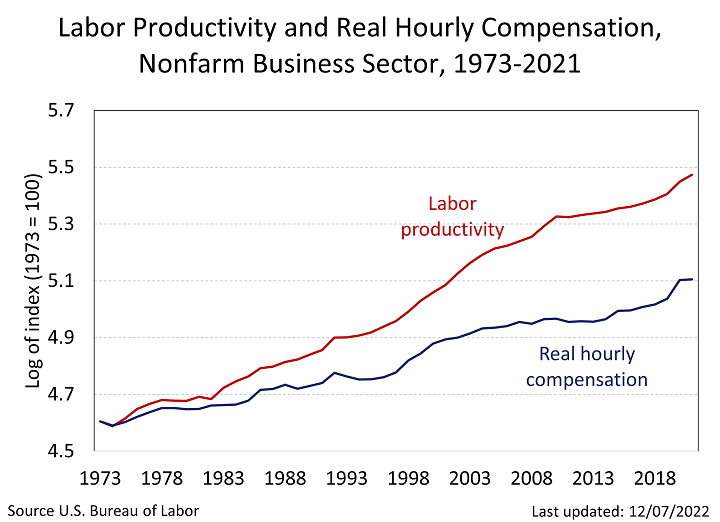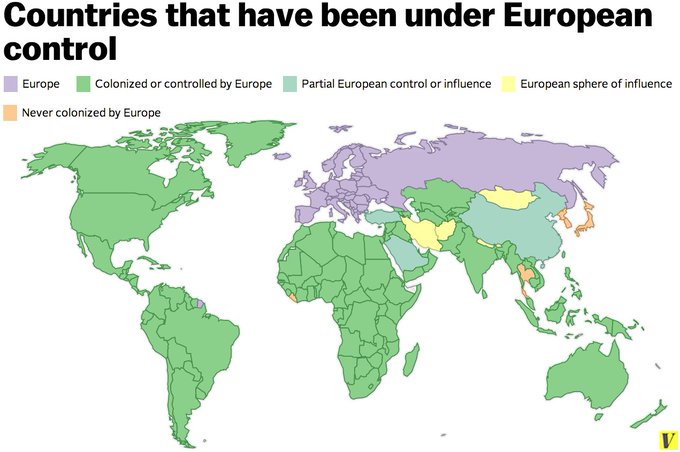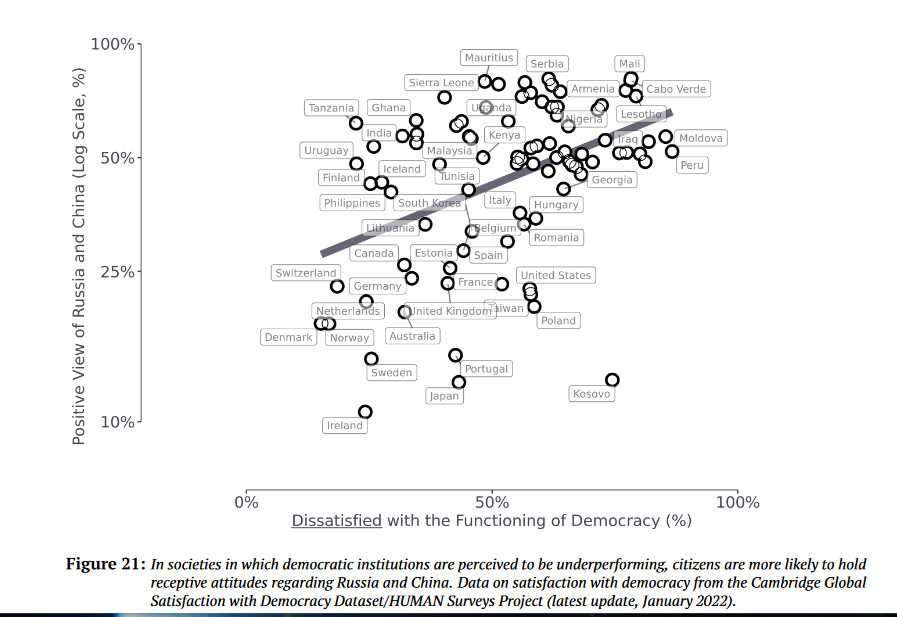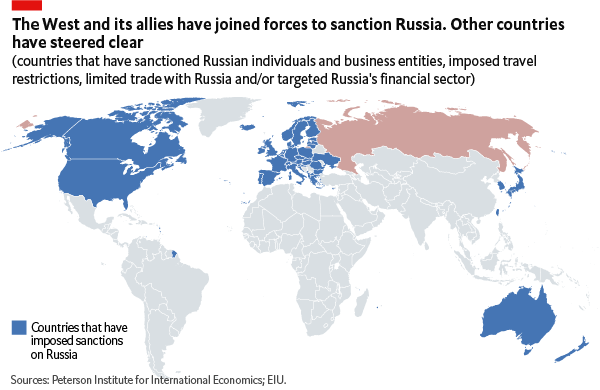Back in the early 2000s I remember reading an interview with Ted Turner, who founded CNN and later sold it. He wasn’t happy with how it was being run so the reporter asked him why he didn’t buy it back.
He explained that he had only a few billion dollars, which meant he wasn’t “in the game” anymore. People mocked him for it, since to a normal person that’s more money than they could ever use, but he was right. He had sold, and now he couldn’t re-buy; prices for key assets like CNN had gone up.
This the basic issue the real players, the mega-rich and the CEOs who run the big companies face. The amount of money that was enough last year isn’t enough this year, let alone in five years. Fall behind and soon you’re out of the game. This doesn’t have to be personal money, just money you control, so if you have effective management control of a company you don’t have ownership control of, you’re in the game, though such people generally reward themselves massively, so they at least aren’t embarassed in front of their peers.
Different oligarchs are competing against each other and so are different groups: tech, finance, manufacturing, military-industrial, etc… If one gets enough of an advantage, then they buy out the others, and even if you’re still filthy rich, you’re out of the game and nowhere near as powerful as those still in the game.
As everyone knows now, the rich have been taking more and more of pie. The most famous chart is the labor productivity vs. wages one:

Furthermore, the real players have been narrowing: there are fewer and fewer people who are really in the game. Vast waves of consolidation in almost every industry have created oligopolies and monopolies, because those sorts of businesses can squeeze customers. Some games are easier to squeeze than others: healthcare is a famous example as people will pay almost anything to live. There’s a reason Bill Gates is buying up all the farmland he can get, too, with environmental disaster onrushing, he knows that those who control food will (with enough political cover) also clean up.
But at the end of the day, everyone is taking from the same pool: any increase in wealth that doesn’t come from productivity increases has to come from someone else. The rich do take from each other, though they play by the rule that unless you’ve betrayed other elites you get to stay wealthy, but most of what they take still has to come from the masses.
Unfortunately they’ve been squeezing the masses for 40 to 50 years, maybe a little more. So they have to keep finding new places to squeeze. This is why power has been privatized and de-regulated; why water and sewage is privatized in the UK (and sewage is in the rivers again), and so on.
But in those countries with public health systems (aka. not the US) like Canada and the UK, well, that’s a place where the full squeeze hasn’t been put on. Prices can easily be raised, by moving to the profit maximizing price (insulin at $800, like in the US, and so on), though it means a lot of people will suffer and die.
There’s one last big public heifer to be taken down and consumed, in other words. And if you don’t get in on it, well, your rivals will and they’ll be richer than you, and you stand a good chance of being forced out of the game.
So, with a few exceptions (manufacturing used to be one of them), the elite consensus is to privatize health care. It’s a big cow, sitting there waiting to be chopped up, and if you get a big enough chunk you may be able to buy out some rivals or at least stay in the game.
And in some cases it’s pretty much the last one. In the UK, it’s the only thing of worth the government owns which it hasn’t privatized. So, as everyone understands by now, you deliberately underfund and sabotage it, then call in the private sector because it isn’t working well. The same thing is happening in multiple Canadian provinces, including where I live in Ontario.
And the real players will become fewer and fewer, and if it means that you die or suffer, well, that’s a price the players are willing to pay so they can stay in the game.
As the game narrows, the players will also turn even more on each other. This has already happened with the TransAtlantic elite, who used to more or less cooperate: the US is now feasting on Europe. But then the Germans had been feeding on much of the rest of Europe already. And it’s obvious that Chinese and US elites are moving to a confrontation, and this is driven in great part by the refusal of the CCP to allow anything important in their economy to be controlled by foreigners.
Sadly, there is a real economy, and it is being fantastically mismanaged, not least by allowing the real carrying capacity of the world to collapse. Elites had such a huge pie (to change metaphors) that it usually made more sense to fight over it than to cooperate to grow it more. So we’re at the beginning stages of collapse. There will come a time when the pie starts to shrink in ways no one can deny.
The silver lining, such as it is, is that so much will have been privatized and screwed up that when we finally do get serious about change, assuming we avoid a Dark Age (not a sure thing) we will be able to do things differently, since there will be so little legacy left.
It’s not much of a silver lining, but destruction does make change possible.
The results of the work I do, like this article, are free, but food isn’t, so if you value my work, please DONATE or SUBSCRIBE.




